On June 18, 2010, it was announced that Argentina will increase the amount it can sell of seven percent bonds due in 2017 by $600 million. On the same day, it was also announced that Argentina may extend its $18.3 billion debt restructuring past a June 22 deadline if the government feels the swap is progressing well. These announcements come less than a month after a U.S. Judge issued a restraining order to freeze $ 2.43 billion of Argentine assets in the U.S. at the behest of class-action plaintiffs. This report provides information relating to this interesting court ruling.
NEW YORK (May 24, 2010) – In response to a request from eight plaintiff class-action groups holding defaulted Argentine bonds, U.S. District Court Judge Thomas P. Griesa today issued a restraining order that freezes up to $2.43 billion in Argentine government assets held by Banco de la Nación Argentina.
“For six years, Argentina has refused to pay its obligations to these bondholders,” said attorney Michael Diaz Jr., managing partner, Diaz Reus, an international law firm based in Miami, and co-lead counsel in the class action cases. “As a result, the plaintiffs have taken action to collect on several judgments entered by the U.S. court in 2009 that cumulatively total $2.43 billion plus interest.”
In early 2004, the bondholders took legal action against the Republic of Argentina seeking payment on eight separate series of defaulted global bonds and accumulated interest, and won a series of judgments on their behalf. “To date, those judgments have not been paid, and the Republic has not offered any justification for its failure,” said Diaz Reus attorney Guillermo Gleizer, who filed the motion and has represented bondholders since.
The restraining order from Judge Griesa will allow the plaintiffs to attach all available U.S. assets held by Argentina in the name of its alter ego, Banco de la Nación Argentina. The order also halts any “sale, assignment, transfer or interference with any property” in which the government has an interest. Recently, the Republic of Argentina launched a voluntary bond exchange program that discriminates against members of the class-action plaintiff groups, according to Gleizer. “Our motion is not an attempt to halt the bond exchange.” “Our goal is to restrain and freeze the assets of the Republic of Argentina in order to protect and attempt to make whole all bondholders who are not voluntarily participating in the exchange. That includes those bondholders who already have won judgments against the Republic of Argentina, and who would suffer a net loss to the value of their bonds as a direct result of this exchange. Diaz noted that under the Argentine government’s exchange program, bondholders would lose their right to participate in a $2 billion attachment against funds held by Argentina in an account at the Depository Trust & Clearing Corporation (DTC) in the United States and frozen by a November 19, 2009 attachment order, “thereby pulling the rug out from under existing U.S. judgments,” according to Diaz.
Under the government’s program, all current bondholders participating would exchange about $300 of their defaulted bonds for about $100 of new bonds (face value). However, for the members of the eight class-action groups represented by Diaz Reus and the other co-lead counsel, who have already obtained judgments, by participating in the exchange they would give up not only the $300 in defaulted bonds, but also potentially up to another $150 – their share of the value of the U.S. judgment and the value of the attached bonds.
Miami-based Diaz Reus is a full-service international law firm focusing on complex commercial, civil, and criminal litigation and arbitration matters, and trade and business transactions. The firm operates offices in Miami, Florida; Shanghai, China; Frankfurt, Germany; Caracas, Venezuela, and Mexico City, Mexico; as well as affiliate offices in Colombia and Brazil.











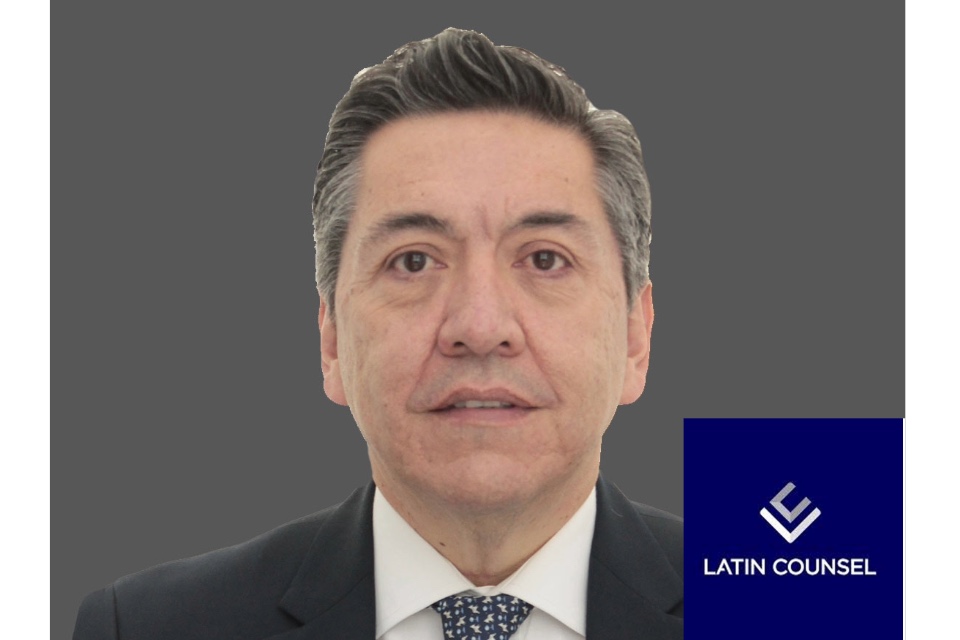
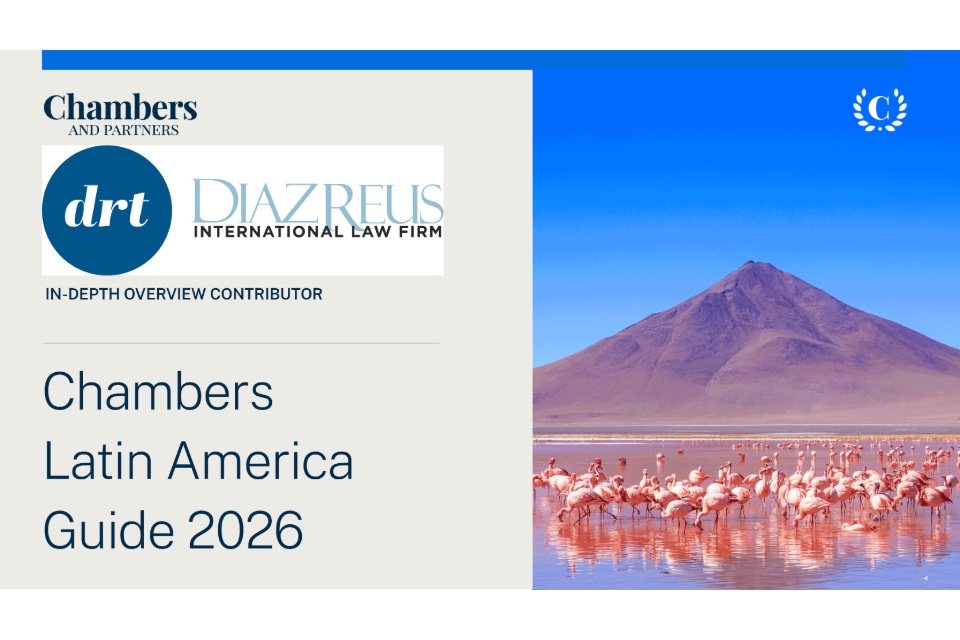

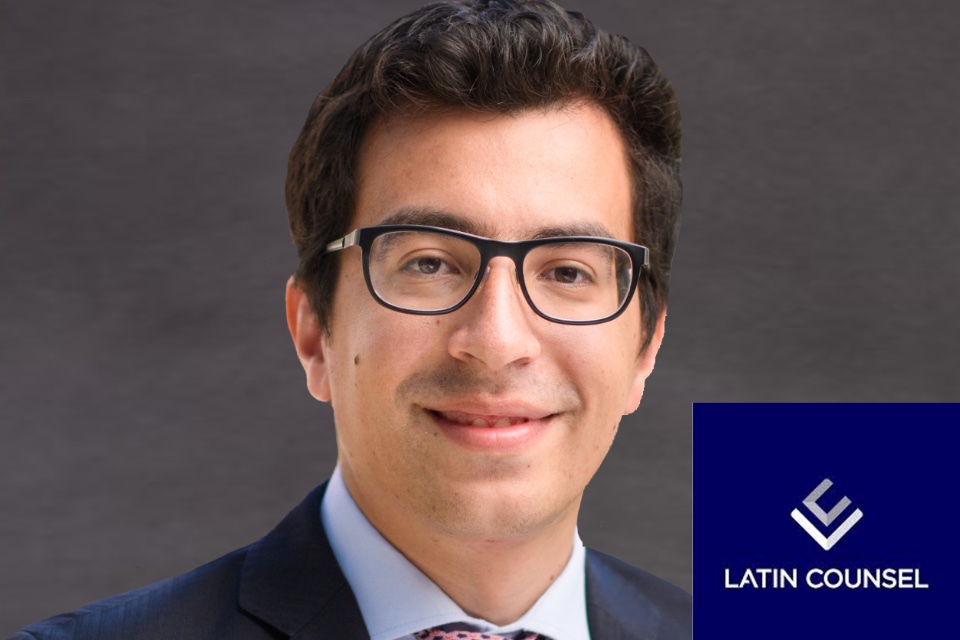



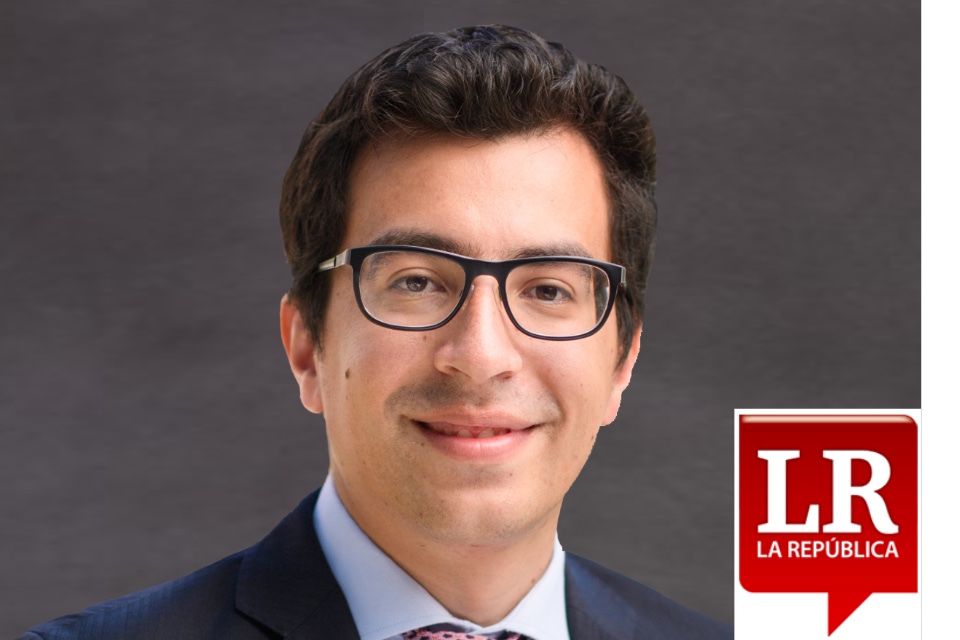
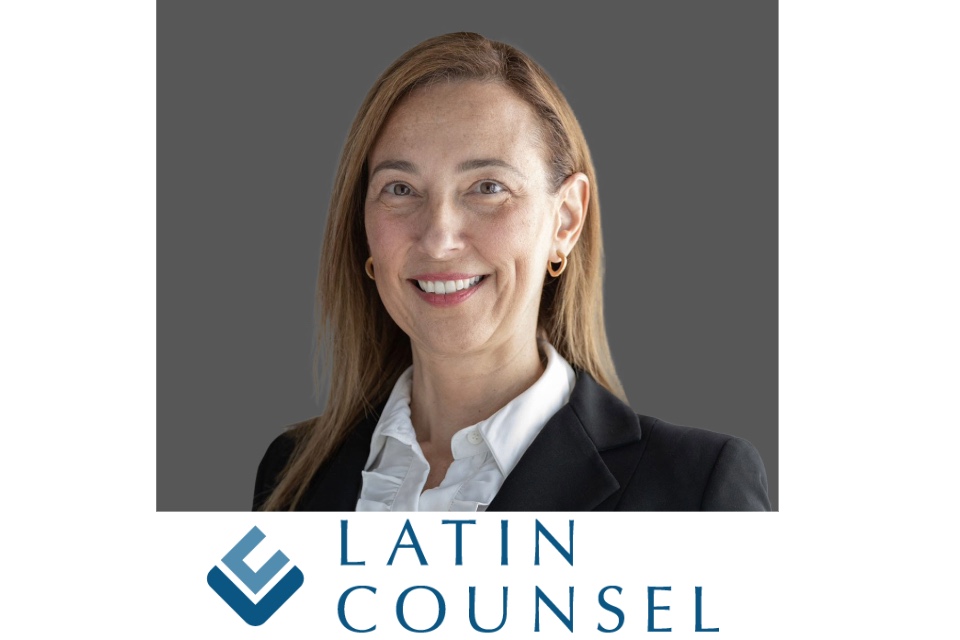

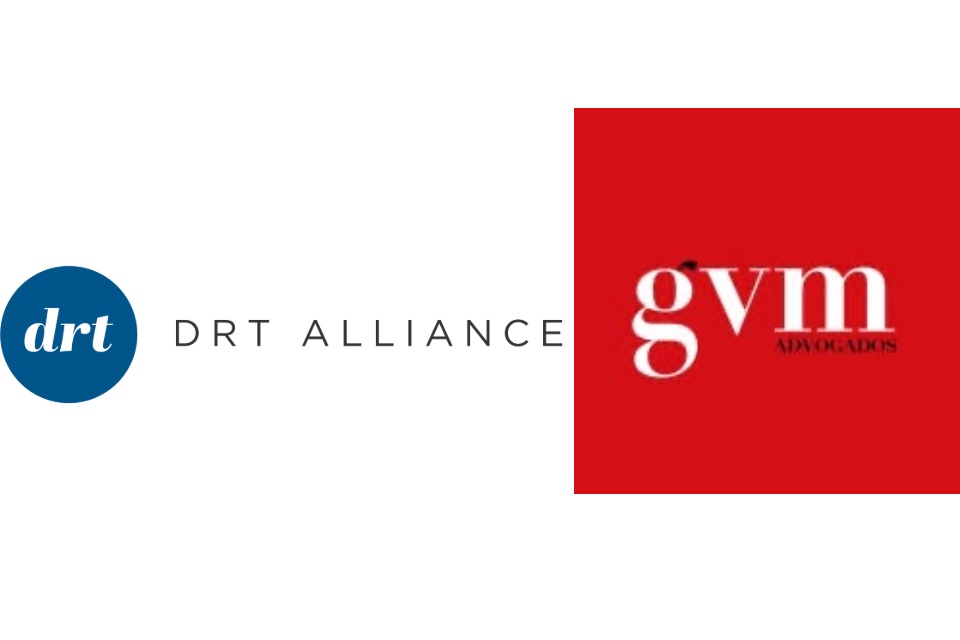




















































































![Especial abogados Salón de la Fama[61] 4](https://diazreus.com/wp-content/uploads/2023/06/Especial-abogados-Salon-de-la-Fama61-4-pdf.jpg)



























































































































































































